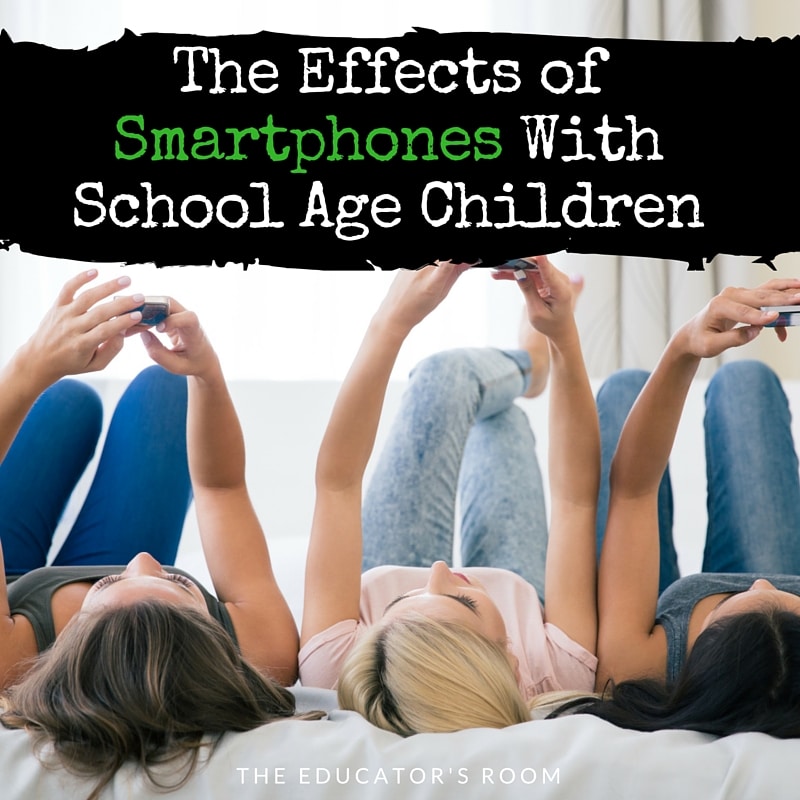I left teaching this year after seventeen years in the classroom. It was a typical midlife crisis, and my job was only a small part of why I wanted to get away from it all to do something completely different.
And yet, the students that I taught last year and this year were someone different from any I had ever taught before.
[fusion_builder_container hundred_percent=”yes” overflow=”visible”][fusion_builder_row][fusion_builder_column type=”1_1″ background_position=”left top” background_color=”” border_size=”” border_color=”” border_style=”solid” spacing=”yes” background_image=”” background_repeat=”no-repeat” padding=”” margin_top=”0px” margin_bottom=”0px” class=”” id=”” animation_type=”” animation_speed=”0.3″ animation_direction=”left” hide_on_mobile=”no” center_content=”no” min_height=”none”][bctt tweet=”I blame that difference largely on smartphones. ” username=”EducatorsRoom”]
It’s certainly nothing new to say that smartphones have changed our culture. I am hardly immune myself. But there is also something different about growing up with a smartphone. The class of 2017 is the first class that I have known that has had smartphones for their entire recent memory. And they aren’t the same as other classes I have taught.
Always Instagram Ready
Teenagers have always been image-conscious, but when the sixteen-year-old boys were coming to school in pressed shirts and ties on a regular Wednesday, I knew something had changed. Girls who spent up to an hour straightening their hair and putting on makeup and clothes that I would have been nervous to wear to a club when I was in college—all standard uniform for any old weekday. And I realized, it’s because they never know when they might want to take a selfie for Instagram or Snapchat. For these kids, there are no off days, no bad hair days, no time to ever let go. And that is a stressful way to live.
Constantly Texting
I have heard stories of students sleeping with their phones on their chests so that they won’t miss a text. If they are cut off from the exchanges for more than a few minutes, the anxiety that something is happening without them is unbearable. Also, there is the fear that friends will turn against them in the time that they are off-line. They are expected to be available at all times, and to respond to all texts within minutes, even though my guess is that something like 85 percent of the texts say, “What’s up?” There is never a time when they can take a break from all of the social anxieties that are a part of being a teenager.
Comments Only
The few times that I lost it with my classes last year were when they were talking over a student during a class discussion. I had been teaching long enough to never take it personally when they interrupted me, but when a soft-spoken and intelligent member of the class was trying to make a point and no one could hear him because they were too busy talking, I was furious. And it kept happening, over and over again. I finally realized the reason. Students would make a comment, and then they would see their part as done. That was how they had spent their lives discussing things—you type in your comment and that’s it. There’s no reason to read the other comments and respond to them. They didn’t really see any purpose in discussions.
A Different Kind of Bullying
One day last year, one of my students came into class talking about a “twitter war” that had happened the night before, all based on a comment made in class. When the student made the offensive comment, no one really said anything directly. There were a few murmurs, but that was it. But those same students who were too intimidated to call him out in front of twenty-five other kids were not afraid to make comments with hashtags from home. It can be a good thing to find courage from the cloak of invisibility created by the internet, but it also serves to prolong arguments that would have been diffused if they had happened face-to-face.
Constant Talk About Partying
If you don’t post about it, it didn’t happen, right? Which means that whatever went on over the weekend was going to be talked about for the entire next week. Again, I’m not completely naive—I know that teenagers like to engage in this kind of risky behavior, but in my experience, it was enough for them to just do what they did over the weekends and leave it at that. I could always suspect what they had done, but with this class, it wasn’t real until everyone you knew heard the story of how wasted you were on Friday night. My guess is that they were so desperate for recognition, so unable to define themselves without constant feedback from others, that they wanted even their teachers to know about what crazy things they had done.
No Such Thing As Cheating
When you grow up with the answers to every question you could ever have literally at the tips of your fingers, what’s the point in learning information or figuring out how to do research or reading the book yourself? For these kids, it’s all about the destination, and the journey doesn’t take them off the couch. They don’t see any point in learning anything since they can look up whatever they want on google. So for them, to look up the answer to a quiz question or a homework problem or an already written essay online is just the natural way to get work done in an efficient manner. When I spent almost an entire class period trying in vain to convince students that when they cheat they are ultimately hurting themselves, I knew I had to get out.
I’m not sure what advice I would give to parents of teenagers today. My solution, take my kids and bring them as far away from it all as I could, is obviously not a practical idea for most people. But I do think that any time they can get a break is a good thing. Their phones are on all the time, and they are too. And that is not a healthy way to live.
 [/fusion_builder_column][/fusion_builder_row][/fusion_builder_container]
[/fusion_builder_column][/fusion_builder_row][/fusion_builder_container]







I totally agree! I too left the profession last year, for the most part, due to my disability, but also because teaching history and just googling answers. I was actually told by an administrator, the kids can just Google those answers. Analysis of history is more than googling an answer!
Why think for yourself when there’s google? It’s true–it’s scary and pervasive and overwhelming….